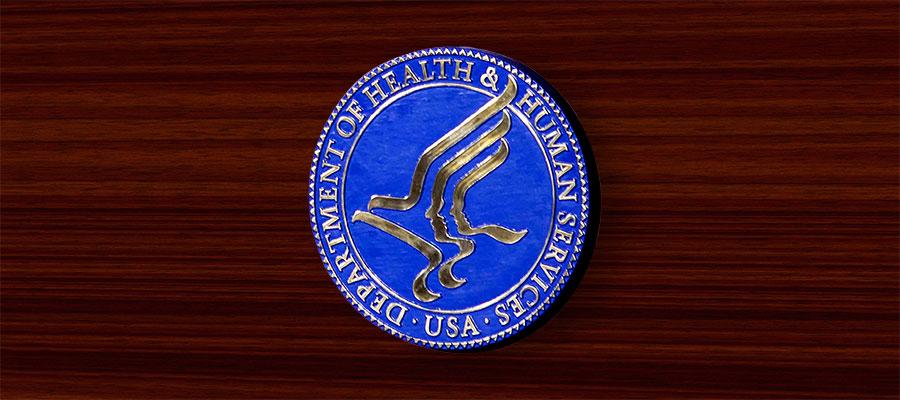HHS to governors: COVID-19 flexibilities available for other respiratory illnesses

States and health care providers may use regulatory flexibilities available during the COVID-19 public health emergency to help respond to non-COVID-19 illnesses straining hospital and health care systems, such as flu and Respiratory Syncytial Virus, Health and Human Services Secretary Xavier Becerra told governors Dec. 2.
“They remain available to you and health care providers as you all make care available in response to flu, RSV, COVID-19, and other illnesses,” Becerra wrote.
Among other actions, he said the Administration for Strategic Preparedness and Response “stands ready to evaluate any formal request for federal medical assistance – including requests for medical personnel – working in close coordination with the requesting state/jurisdiction to determine the needs and availability of matching resources.”

